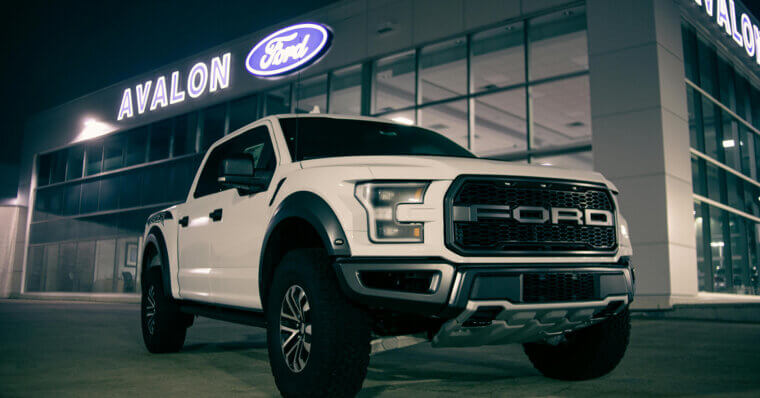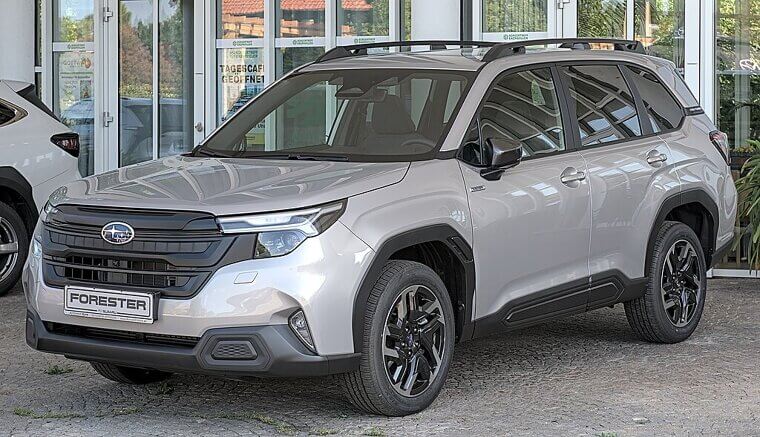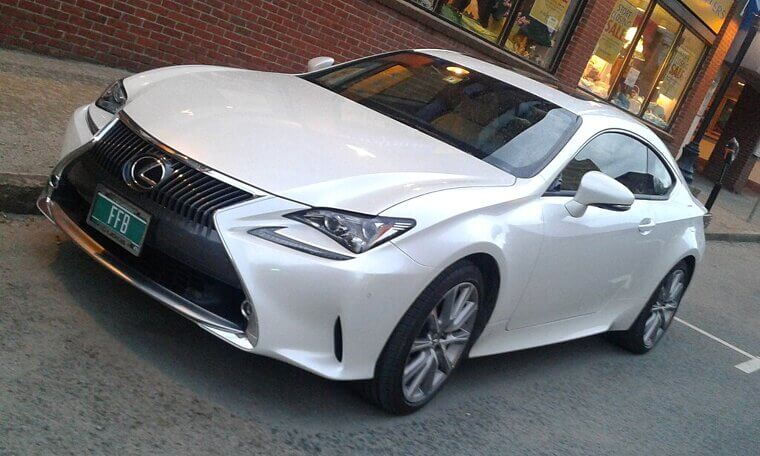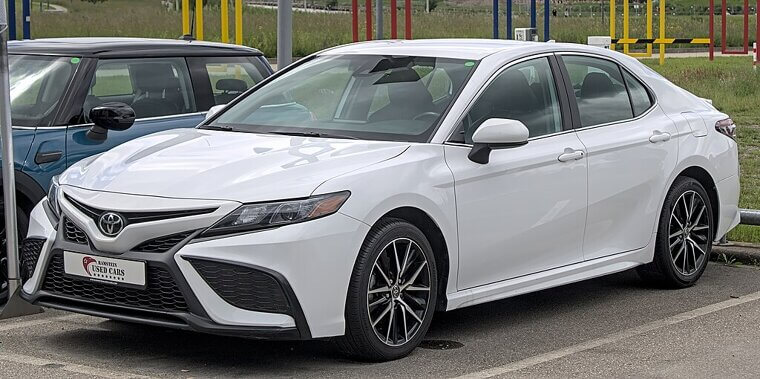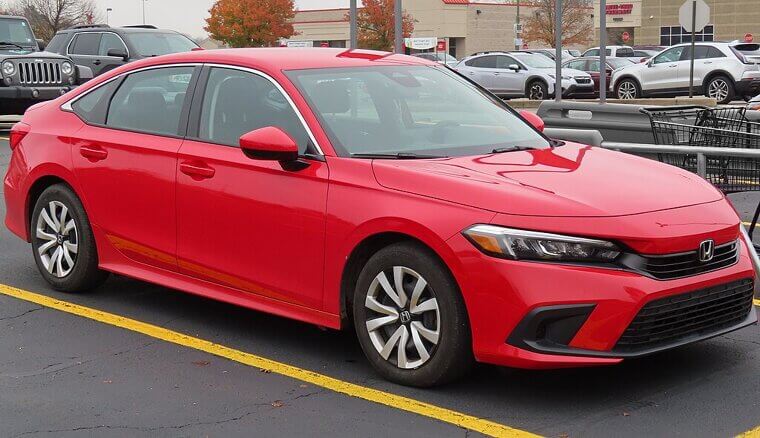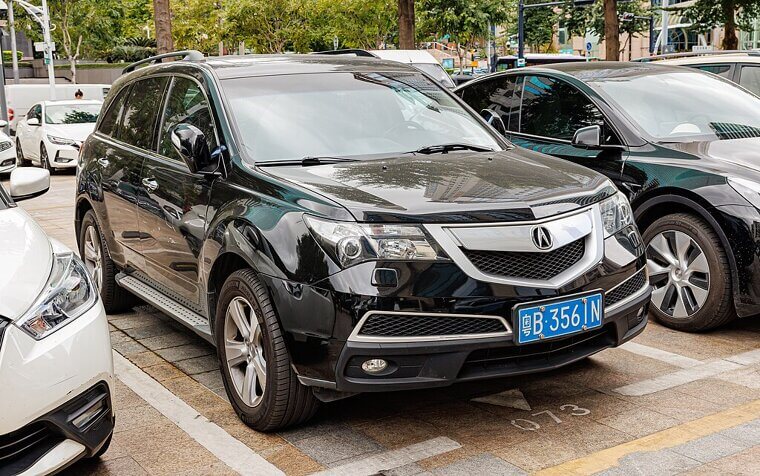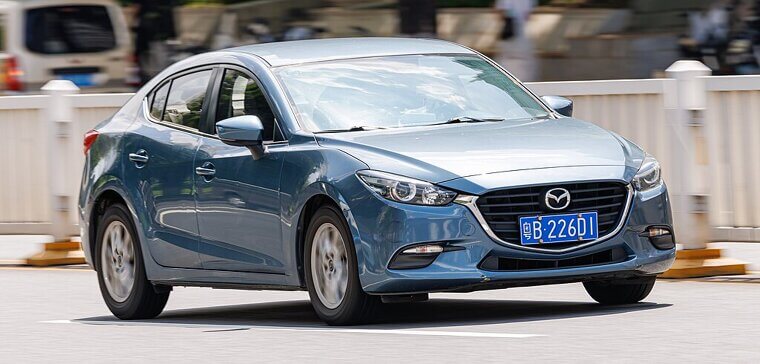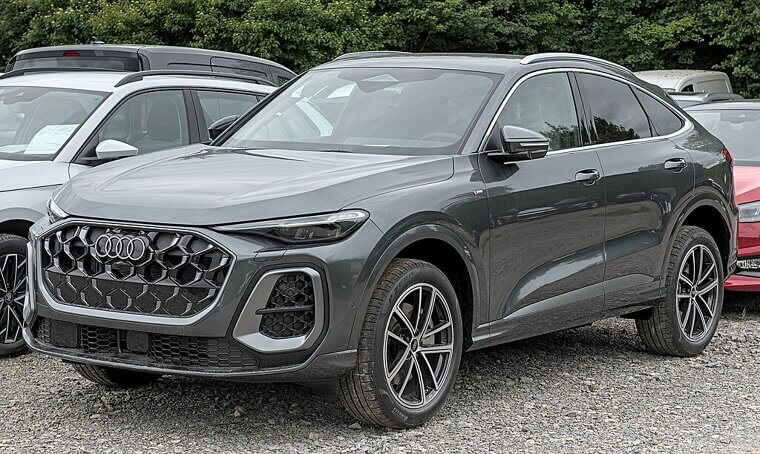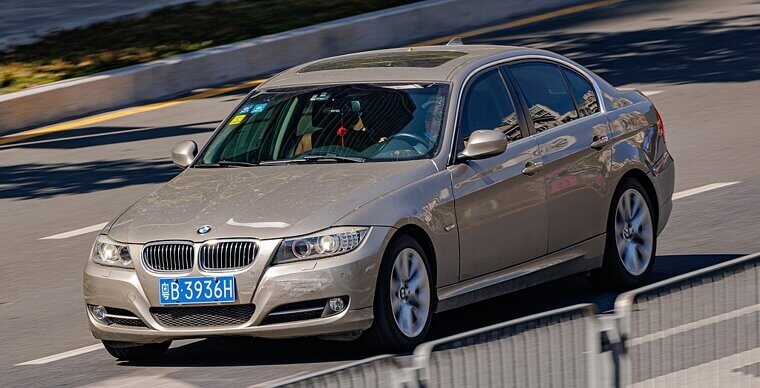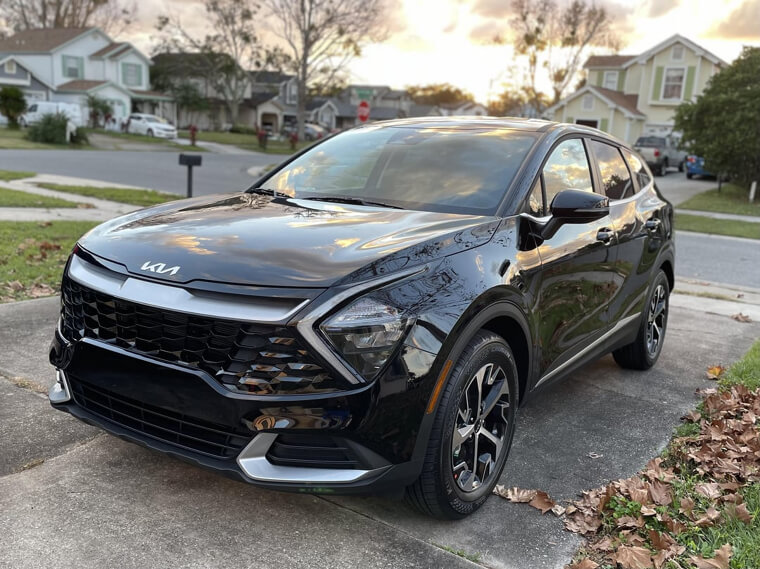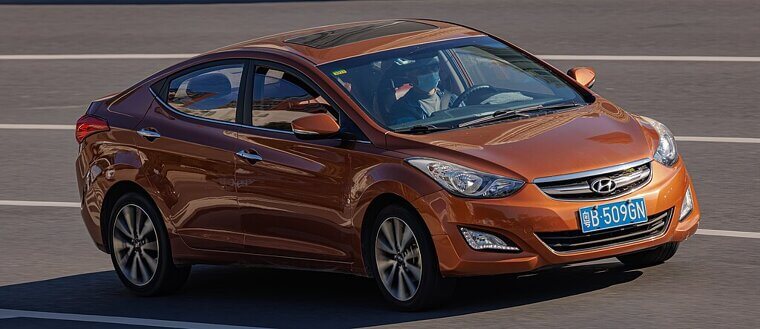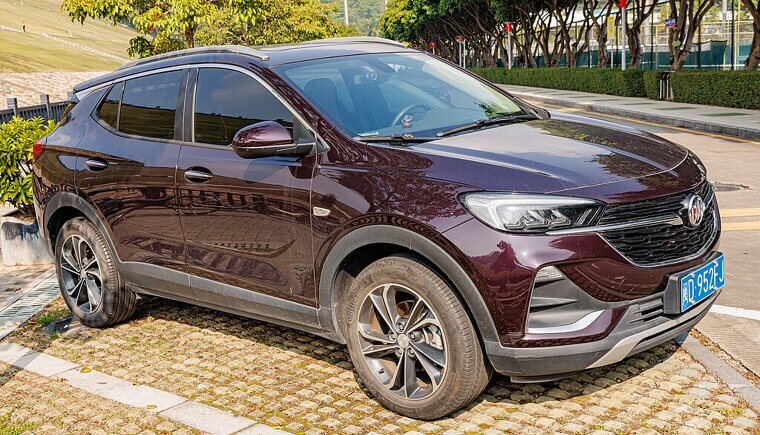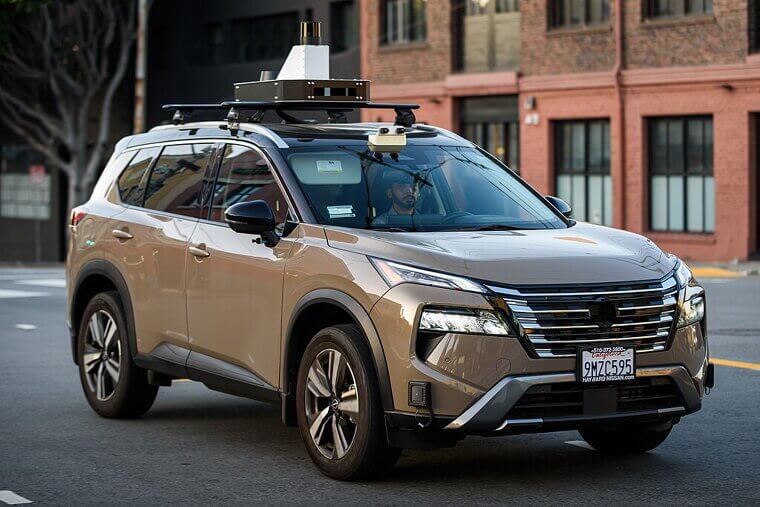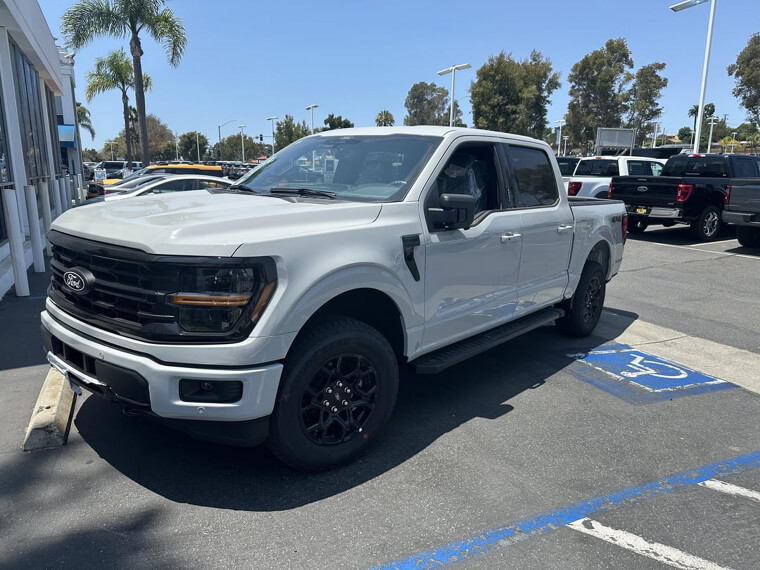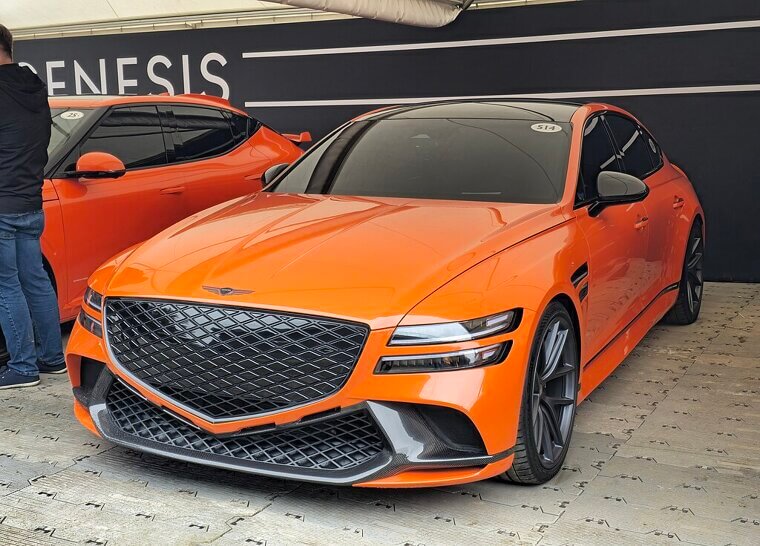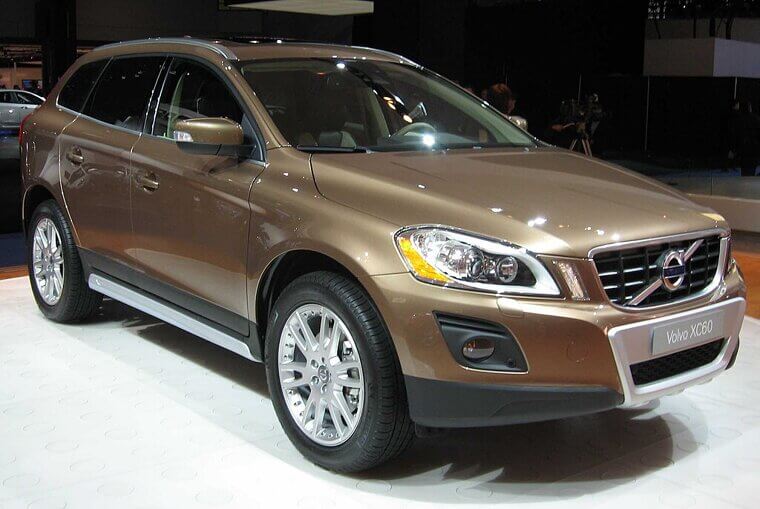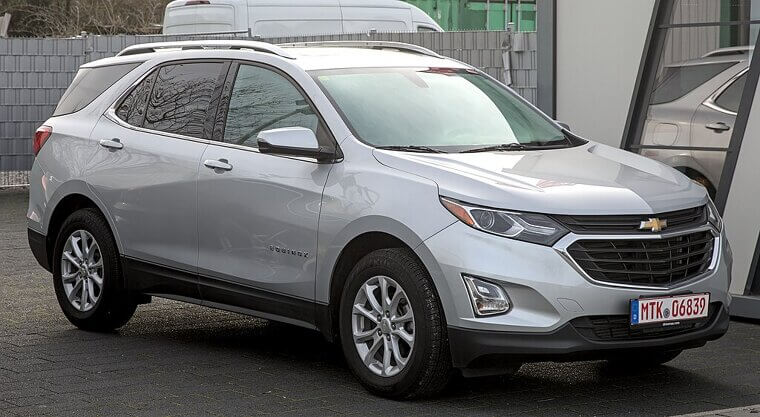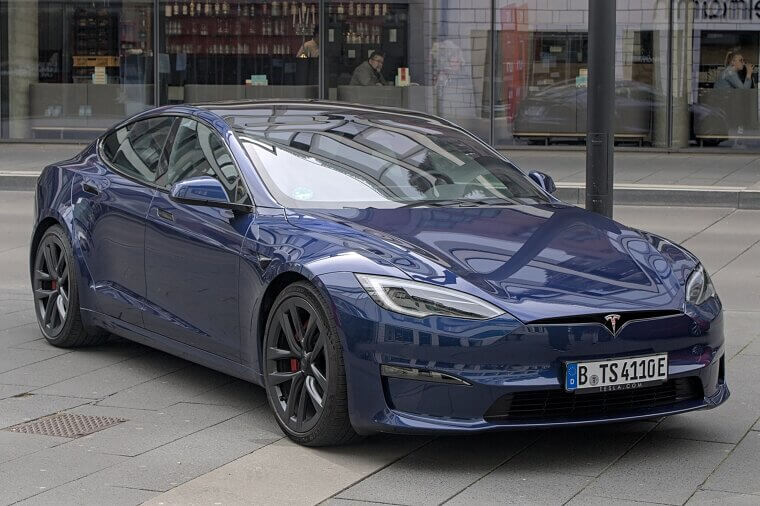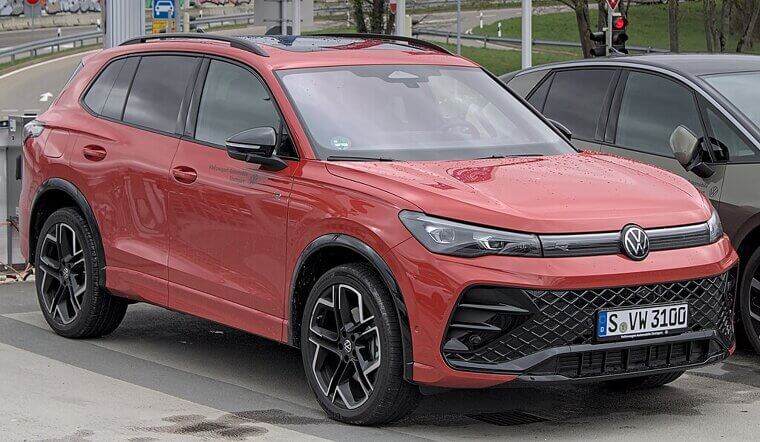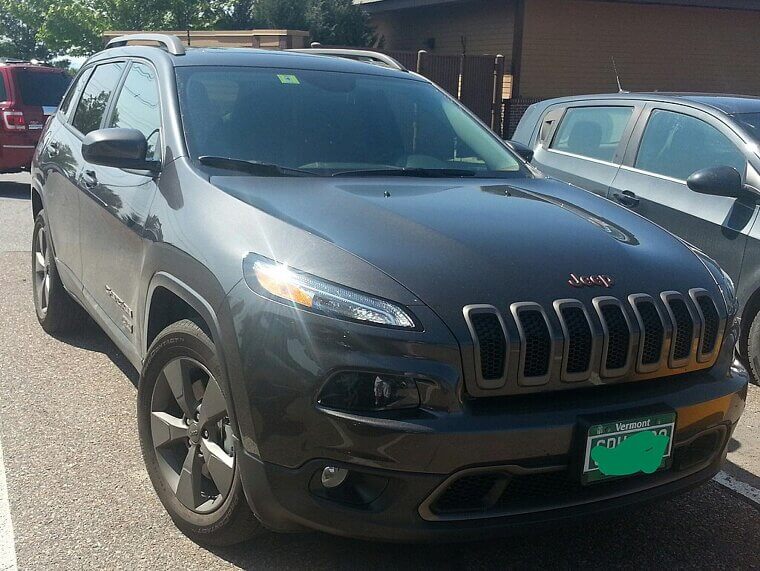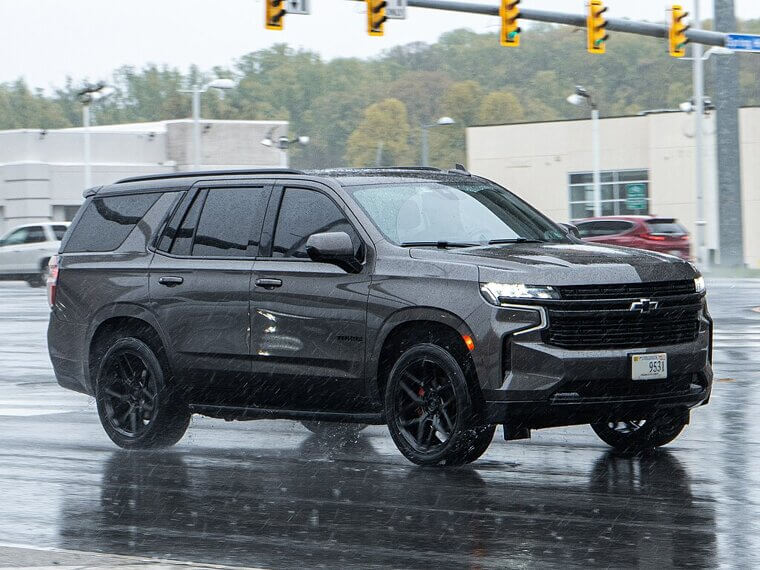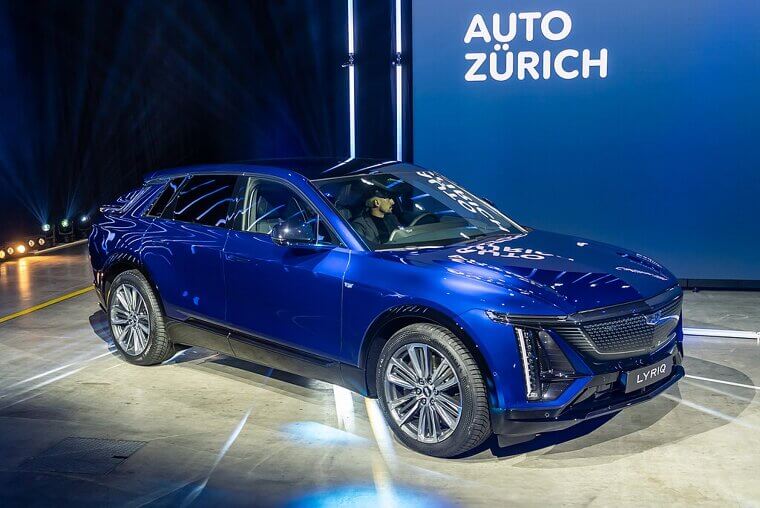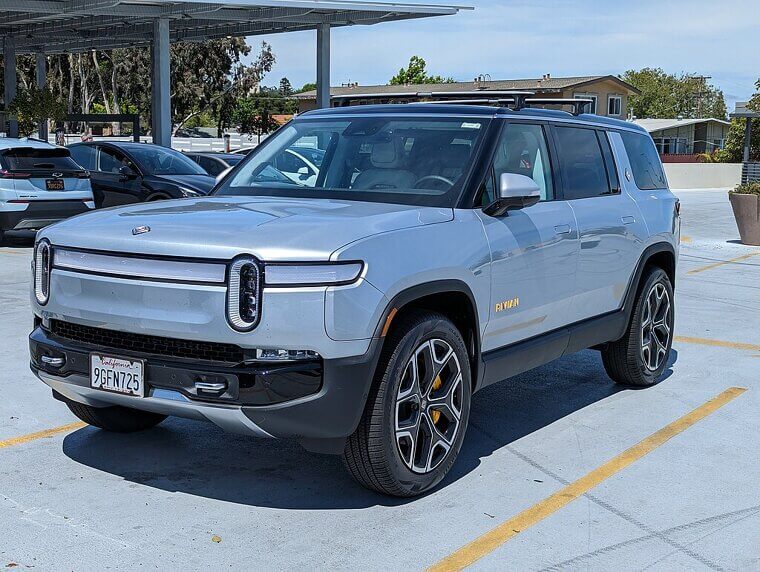Which Automakers Build the Most Dependable New Cars?
When it comes to buying a new car, reliability is king. Consumer Reports recently crunched the data to reveal which automakers are producing the most dependable vehicles. From bulletproof engines to trustworthy tech, here are the brands owners say you can count on.
Subaru
Subaru continues to impress with its all-weather capability and mechanical durability. Known for standard all-wheel drive and practical designs, models like the Outback and Forester hold up year after year. Subaru scores high thanks to consistent performance and relatively low maintenance headaches. It’s the golden retriever of car brands: loyal, rugged, and always ready for adventure.
Lexus
Luxury and reliability? Yes, please! Lexus combines high-end comfort with the kind of engineering that rarely breaks a sweat. It routinely tops dependability charts, with vehicles that age gracefully and keep owners smiling long past the warranty. The RX and ES, in particular, are known for their low repair rates. It’s like owning a five-star hotel that never calls in sick.
Toyota
Toyota is the textbook definition of reliable. Its cars and SUVs earn rave reviews for durability, ease of maintenance, and impressive fuel efficiency (the Corolla, Camry, and RAV4 are basically the holy trinity of worry-free driving). While its styling may not always wow, its “set it and forget it” reputation more than makes up for it.
Honda
Honda nails that sweet spot between fun and functional. Its engines are practically indestructible, and models like the Civic and CR-V continue to deliver strong reliability scores across generations. Honda owners love the sensible design, affordable maintenance, and longevity. If you’re commuting, road-tripping, or just running errands, it’s a brand that plays the long game.
Acura
As Honda’s luxury sibling, Acura brings extra refinement to a foundation of dependability. Vehicles like the MDX and RDX blend upscale features with strong reliability ratings, making them smart choices for buyers who want comfort without constant repairs. It’s proof you don’t have to trade reliability for luxury - you really can have both.
Mazda
Mazda proves that you don’t need to be flashy to be fantastic. With sharp styling, great driving dynamics, and solid build quality, Mazda consistently hits reliability checkboxes. The CX-5 and Mazda3 in particular are praised for their longevity and few mechanical woes. It’s like the quiet kid in class who aces every test: dependable, with a little flair on the side.
Audi
Audi balances high-tech sophistication with surprisingly strong reliability. While luxury cars often get roasted for costly repairs, Audi has cleaned up its act in recent years. Models such as the Q5 and A4 now offer both performance and peace of mind. Just keep up with maintenance, because even dependable German engineering needs a little TLC.
BMW
BMW has long been the poster child for driving pleasure, but reliability hasn’t always been its forte. Fortunately, recent models show steady improvement, especially in the 3 Series and X5. While they still require attentive upkeep, newer BMWs are proving that you can enjoy performance without living in the garage.
Kia
Kia’s transformation from punchline to powerhouse is one for the history books. With eye-catching designs and a lengthy warranty, its newer vehicles such as the Telluride and Sportage are not only popular - they’re reliable, too. Owners praise Kia’s recent build quality, making it a smart bet for budget-conscious buyers seeking peace of mind.
Hyundai
Hyundai - Kia’s corporate sibling - continues to impress with feature-packed models and a strong reliability record. The Elantra and Santa Fe often land near the top of their classes, and Hyundai’s 10-year powertrain warranty adds extra confidence. Reliable and wallet-friendly, Hyundai proves that smart design and dependability don’t have to break the bank.
Buick
Buick quietly keeps climbing the reliability ranks with its no-fuss, comfort-first approach. Its small SUV lineup (the Encore and Envision, for example) earns praise for low repair frequency and smooth daily performance. While the brand might not turn heads, it certainly keeps drivers rolling without drama, and that’s a win in our book.
Nissan
Nissan's reliability can be a bit of a mixed bag. While models like the Altima and Rogue are improving, some vehicles have struggled with transmission issues. That said, recent redesigns and tighter quality control are helping the brand inch back toward consistency. Just do your homework before signing on the dotted line.
Ford
Ford is one of America’s best-selling brands, but its reliability scores vary widely by model. The F-150 and Maverick perform well, while others - particularly those with complex tech - can be hit or miss. Still, Ford’s improving focus on durability and user-friendly design keeps it a major topic in the reliability conversation.
Genesis
Genesis may be relatively new to the game, but it’s already impressing with top-tier reliability and luxury that punches above its price. The G80 and GV70 models in particular consistently wow both critics and consumers with low problem rates and high satisfaction. If you want a premium feel without premium problems, Genesis delivers.
Volvo
Volvo’s sleek Scandinavian style and safety-forward reputation are well known, but reliability has been a work in progress. Recent models like the XC60 and S60 show better consistency, though some tech glitches still appear. With Volvo, it’s a bit of a gamble: smooth sailing most days, with the occasional system hiccup.
Chevrolet
Chevy sits somewhere in the middle of the reliability spectrum - it’s not terrible, nor terrific. Models such as the Equinox and Silverado are decent performers, but some others suffer from inconsistent build quality or tech-related hiccups. It’s a brand with hits and misses, so a little research can make a big difference before buying.
Tesla
Tesla ranks high in innovation but struggles in reliability. Owners love the speed, style, and software; however, issues with fit-and-finish, electronics, and build quality keep it near the bottom of the Consumer Reports list. If you’re tech-savvy and don’t mind a few quirks, the trade-off may be worth it. Otherwise, buyers beware!
Volkswagen
Volkswagen offers sharp design and a refined driving experience, but its reliability has long been spotty. Recent models - the Taos and Tiguan - show improvement, but some vehicles still suffer from electrical gremlins or early wear. The brand’s reputation is slowly recovering, but consistent maintenance is key to keeping things smooth.
Jeep
Jeep has off-road charm and loyal fans, but not much reliability to brag about. Consumer Reports ranks it among the least dependable brands; problems with electronics, transmission, and interior quality bog it down. If you want a rugged adventure, it delivers. If you want peace of mind, you might want to look elsewhere.
GMC
As General Motors’ upscale truck and SUV brand, GMC blends utility with a dash of polish. Unfortunately, its reliability ratings don’t always reflect the price tag! Models such as the Sierra and Yukon offer lots of features, but sometimes suffer from tech or drivetrain issues. Solid, but not without its stumbles.
Cadillac
Cadillac promises luxury and swagger, but its reliability continues to lag. Tech glitches, infotainment problems, and inconsistent build quality often drag it down in the rankings. Newer models show potential, but shoppers looking for bulletproof dependability might want to steer toward other luxury rivals with better track records.
Rivian
Rivian is the fresh-faced newcomer making waves with its all-electric trucks and SUVs. While innovation and design are top-tier, it’s still too new to offer consistent long-term reliability data. Early adopters report a few startup quirks, but the company’s customer service has been praised. It’s a promising brand, but one that’s still finding its footing.

